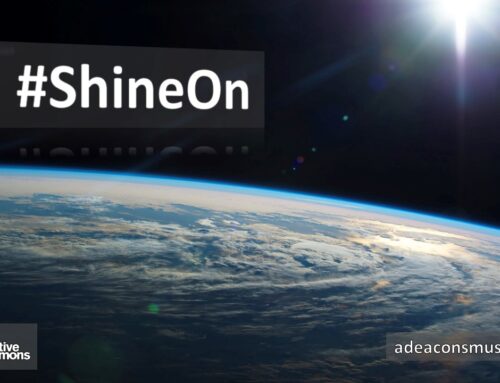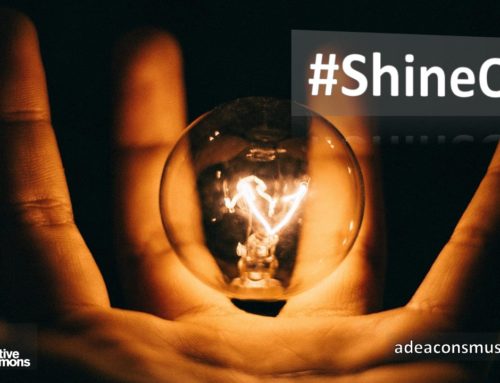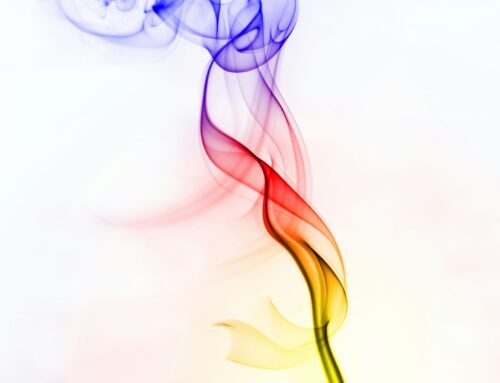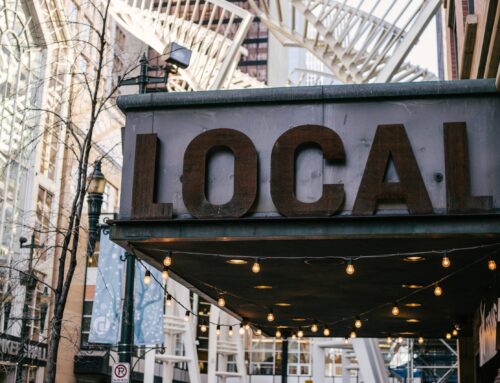The system of the supremacy of whiteness was created to serve white men who were heterosexual, able bodied, Christian, wealthy landowners, to keep power and control in their hands. If we truly want to understand white privilege, the intersections of identity elements on which privilege systems are based and how each serves to support the others are an essential puzzle piece.
Frances E. Kendall, Understanding White Privilege
That our United Church of Canada is undergoing change goes without saying. This change began in the mid-1960s and has been accelerating. Much of this has been discussed and explored.
As generational and demographic experiences of church have shifted, the church has been exploring many matters, which centre around diversity and inclusivity. For many, 1986 (Apology to First Nations People) and 1988 (in which sexual orientation was determined not to be a barrier to Ministry) are the moments in which the momentum of theological analysis, which began in the 1920s around gender and women’s role in society, began to bear fruit.
Where the church now finds itself, enmeshed in structural change, has left many feeling disconnected from a sense of purpose, even identity. Though we have done well in academic analysis around culture and colonialism and our complicity in Empire, there seems to be an underlying floundering as to who we are in a world that is foreign to our modernist structures, processes and polity.
As I begin to translate my current PhD studies into practical denominational applications, I would suggest we must confront our White Privilege. In this time of change, the ideological underpinnings of White Privilege continue to constrain us at an institutional and congregational level. Though we have begun some work, in respect to Intercultural Ministry (2012), we may be unable to embrace the potential that lies before the church as it journeys further into postmodernity.
As we wrestle whether we will divorce ourselves from the trappings of power, about which some still romanticise, I invite us to explore that Empire is grounded in White Privilege. In this male centred preference, as the opening quote summarises well, we might begin to revisit seriously the early church’s metaphor of the body: it is whole only when all members are afforded dignity. Regardless of the structural change ahead, until congregations find ways to have challenging, and yes difficult, conversations, we will continue to flounder as we long for identity.








Your reflections are most welcome!